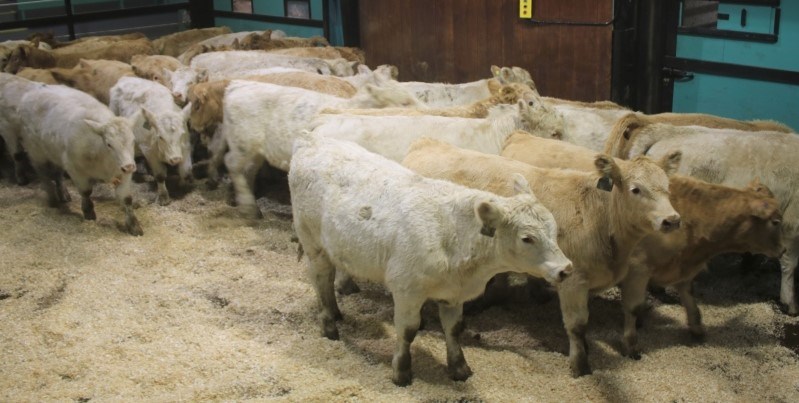YORKTON - The area of plant protein becoming a bigger part of our diet is an intriguing one in terms of potential.
While we are likely to eat more plant protein in the years ahead, the question is how will we consume it?
At present the sector seems to think the entry point for more plant protein into the diet of North America is in a concoction of flavourings, spices, preservatives and assorted unpronounceable additives that result in a product that mimics some meat, because we tend to be rather devoted meat eaters here.
The problem with this is that if I like my ground beef burger why would I opt for an artificial option?
And, as the non-meat meat sector pushes their product it feels very much like there is a push back from meat eaters to completely turn off plant protein options.
That is unfortunate because plant protein can be a tasty option.
Personally if I walk into an East Indian restaurant I want to try the lamb and goat on the buffet, but I certainly enjoy many dishes where lentils or chickpeas are the protein source.
That is not surprising as my favourite dish is chili – really chili con carne – which is both meat and kidney beans as a dual protein source.
The simplest way to increase plant protein consumption is to add legumes – peas, lentils, beans – to the diet.
Of course the hope is to grind up various grains, and use the protein in new ways.
That would be a huge development, especially for the canola sector where the pulp left after the valuable oil is extracted is almost a throw-away by-product.
The canola meal is relatively high in protein, albeit not particularly palatable, even as a livestock feed.
Crack the palatability issue and you have a huge supply of protein-rich canola meal which could be used in ways that are probably already being thought about in labs somewhere.
There are some huge hurdles to overcome, and the process has frankly likely been hampered by the push of non-meat substitutes turning many away from plant protein, but science will no doubt overcome many of the issues, and ad campaigns will help in terms of building a better image.
Will plant protein replace meat?
Well not in my diet, but what of younger generations?
How we view our place in a world compared to livestock, and ultimately food costs will determine just how humans relate to their food in decades to come.






